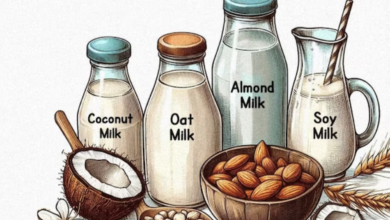Studies back claim that fruits are good for skin
Several studies have investigated the effects of fruit consumption on skin aging. For example, a study published in the American Journal of Clinical Nutrition in 2007 found that higher fruit intake was associated with a lower likelihood of wrinkle formation in middle-aged women. Similarly, a study published in the Journal of Nutritional Science in 2010 reported that higher fruit and vegetable consumption was associated with improved skin appearance and reduced skin wrinkling.
Consuming fruits as part of a balanced diet is generally considered beneficial for overall health, including skin health. While it is challenging to pinpoint a single scientific study that definitively proves the benefits of fruits specifically for the skin, there is a substantial body of research supporting the positive effects of fruits on skin health. Here are a few key points and scientific findings related to fruits and skin health:
Antioxidant Content: Fruits are rich in antioxidants, such as vitamins A, C, and E, as well as various phytochemicals. Antioxidants help protect the skin from damage caused by free radicals, which are unstable molecules that can lead to premature aging and skin damage.
Skin Hydration: Many fruits, such as watermelon, strawberries, and oranges, have high water content, which can contribute to maintaining skin hydration. Proper hydration is essential for healthy-looking skin and can help improve skin texture and reduce dryness.
Collagen Production: Some fruits, like citrus fruits, berries, and papaya, are abundant in vitamin C. Vitamin C plays a crucial role in collagen synthesis, a protein that provides structural support to the skin. Consuming fruits rich in vitamin C can support collagen production, which helps maintain skin elasticity and firmness.
Skin Protection: Some fruits contain compounds that may provide photoprotective effects against harmful ultraviolet (UV) radiation from the sun. For instance, certain fruits like tomatoes and watermelon contain lycopene, a carotenoid that has been shown to have UV-protective properties.
It’s worth noting that the benefits of fruits for the skin are best achieved through a balanced diet that incorporates a variety of fruits and other nutrient-rich foods. Additionally, individual responses may vary based on factors such as genetics, overall diet, and lifestyle habits. Consulting with a dermatologist or a registered dietitian can provide personalized advice on incorporating fruits into your diet for optimal skin health.








